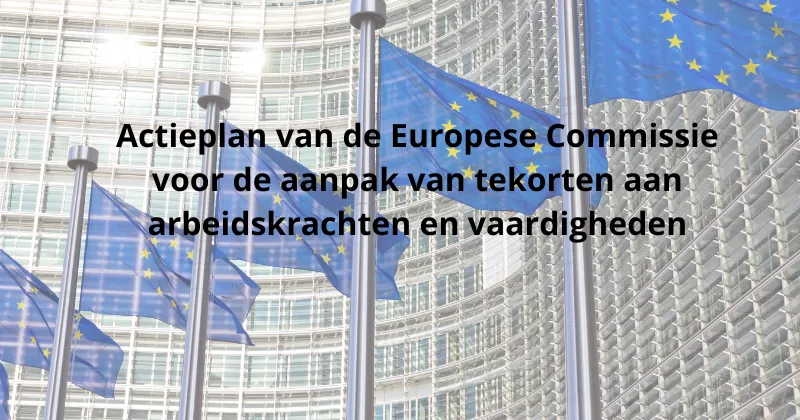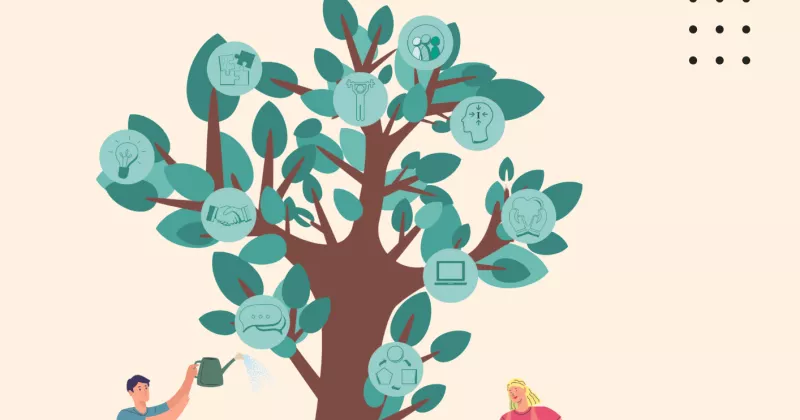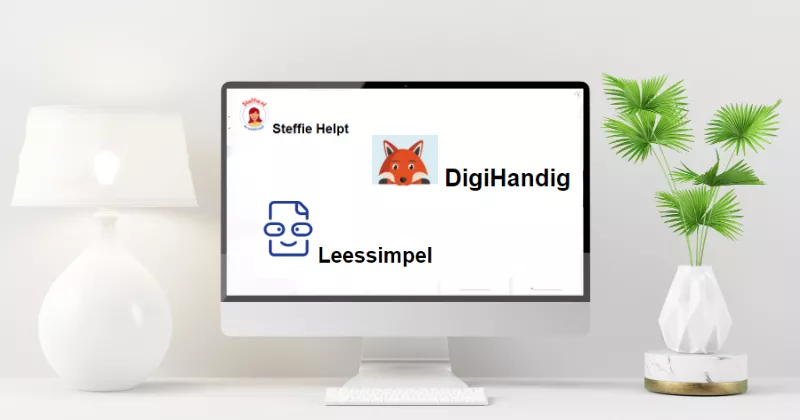A Beginner’s Guide to Agriculture 4.0

THE CHALLENGE ADDRESSED
In 2015, the United Nations committed its 2030 Agenda for Sustainable Development to the goals of ending world hunger, achieving food security, and cultivate sustainable agriculture. Whilst most of us would easily agree with these targets, the reality remains that these goals are rather ambitious when considering our current global situation. Roughly, 800 million people worldwide are suffering from hunger. Moreover, the demand for food is projected to increase by 70% by the year 2050. Whilst previously, agriculture was the bedrock of every civilization, in today’s modern society agriculture has become increasingly less profitable for most, shrinking to around only 3% of global GDP, further exacerbating the risks of hunger and future food shortages.
ABOUT THE PRISM PROJECT
Thankfully, recent technological advancements and innovations can come to our aid in this endeavour; by facilitating efficient, safe and sustainable agriculture under the umbrella term of Agriculture 4.0. This is where the PRISM project comes into play. The project unites 7 partner institutions (two partners from Poland; together with one partner from Greece, Cyprus, North Macedonia, Italy and Malta), each representing the issues faced by their country in relation to farming and agriculture. The consortium is focused on the development of innovative training contents that promote Agriculture 4.0 practices, to increase the professional knowledge and competences of VET trainers in Agriculture 4.0 so that they can further support farmers in adopting innovative practices, and to design an Open Education Resource for VET trainers aimed at meeting the long-term educational needs of farmers in relation to the innovation and modernization of farming and agricultural practices in light of Agriculture 4.0. The aim is that the information, tools and practices shared will help ensure that farmers can continue to secure their livelihood in this industry over time.
THE BEGINNER’S GUIDE BOOK
This leads us to the first output of the project IO1, or the Beginner’s Guide to Agriculture 4.0. Written and compiled in a manner that is intended to be intuitive and simple to understand, the guide equips the reader with a comprehensive understanding of the concepts related to blending of agricultural practices with Industry 4.0 technologies. The output targets VET trainers, community leaders, technology experts, industry stakeholders, together with the farmers themselves. The tool offers a comprehensive conceptual framework on Agriculture 4.0; one that familiarizes the readers with the terminology employed in the field of Agriculture 4.0, the impact such technological innovations currently have on modern-day agricultural practices, the current state of Agri 4.0, together with future trends. The output was compiled in the format of an eBook, in order to be easily disseminated among all targeted stakeholders through the project’s online channels.
THE DEVELOPMENT PROCESS
Development of the Beginner’s Guide eBook was based upon both established academic knowledge and practices in Agriculture 4.0, as well as direct insight from agricultural stakeholders such as farmers or technology experts. Whilst the work behind the delivery of this output was shared by all consortium partners and all efforts were carried out in close collaboration with the project’s coordinator (WYZSZA SZKOLA BIZNESU I NAUK O ZDROWIU, the Maltese partner (MECB Ltd.) was tasked to coordinate this output due to its expertise in Industry 4.0 technologies. The latter initiated development by proposing both a template for the document, together with an outline of the document’s segments. These were in turn circulated among the partners for discussion and review. Once agreement was achieved by all partners, the guide’s sections were distributed according to the partner’s areas of expertise and networks. Here, an extensive review of the present literature was carried out in order to extract the hard data on which the guide was based upon.
These individual contributions by all partners were in turn combined into a single draft for the document. Here initial feedback was obtained by the partners in relation to this draft concerning the main concepts explored and the materials covered by the guide. Once the material individually contributed was agreed upon by all partners, MECB further refined this initial draft, carrying out careful revisions and corrections for this version. The manuscript produced was also transferred to the eBook template in preparation for the evaluation and validation by stakeholders, so that this version can be reader-friendly not only in terms of the relevancy of the material identified, but also in relation to design, overall consistency in the editing, access to additional resources, and the accurate referencing of all sources cited within the text.
VALIDATION BY TARGET AUDIENCE
This refined version of the eBook was presented during two training activities organised for the project. The first training was organised by one of the project’s Polish partners, ARID, and was held in Kraków, Poland between the 16th and 20th of May, 2022. VET trainers from all partner countries attended the training event, where the project’s outputs were presented for their feedback and validation. Trainers expressed a positive outlook for all the tools, including the eBook which was awarded high positive scores within our evaluation surveys. The second training event was organised by Istituto Superiore Minutoli and was held in Messina, Italy, between the 13th and 17th of June, 2022. Here, farmers from the partner countries were also presented the project’s outputs and once again feedback was largely positive. The project partners have translated the finalised eBook so that the beginner’s guide is available in the languages of the partner countries to be used within their national contexts. The guide is also available English for use internationally and across Europe.
The eBook can be accessed through the project’s eLearning platform that can be accessed at https://lms.prism-euproject.eu/
For more information about the project, its outputs and its partners; kindly visit https://prism-euproject.eu/
PRISM - Project Number: 2020-1-PL01-KA202-081518
Article by: Mr. Keith Coleiro (MECB)





eLearning Course
Hello, brilliant project. I tried login in the course in Greek language but I guess is not completed yet?
I will try and keep updated on this. Good idea introducing this.